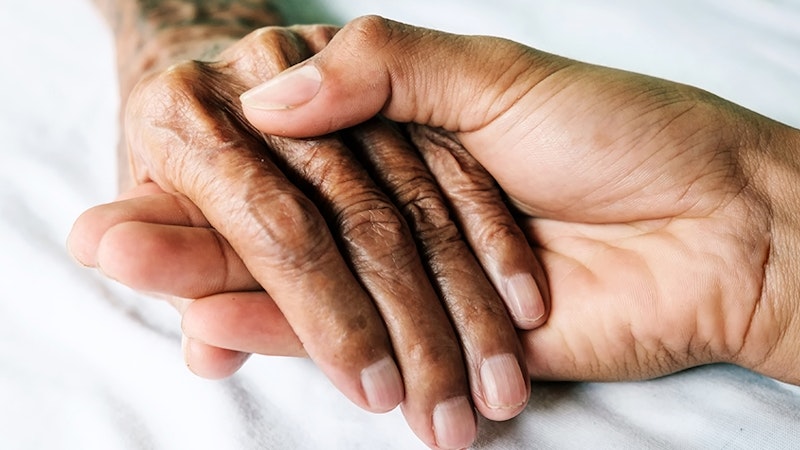
End-of-life care is a journey that begins whenever an individual needs it, whether that's in the final days, months, or even longer. Its goal is to help someone experience their final moments with dignity, fully honouring their wishes and preferences. This care also extends to supporting family members, friends, and caregivers.
When considering end-of-life care, it should account for the individual's wishes of where they would like to receive care and where they would like to die. This could be at home, in a care home, hospice or within a hospital depending on the wishes and needs of the individual. This should be discussed with the individual and the individual should be involved in the decision making as much as possible.
Who provides end-of-life care?
Different professionals can and will be involved in an individual’s end-of-life care. This could be their GP, hospital doctors and nurses, community support such as community nurses and/or care teams and possibly counsellors.
Using Pairly.com you can search for providers within your area, using our features filters. This will allow you to search for care professionals trained in supporting end-of-life individuals within their community or within a residential setting.
What's the difference between palliative care and end-of-life care?
Palliative care is where the individual has an illness that cannot be cured and the care is centered around making the individual as comfortable as possible. This would include symptom management such as pain management through medication and/or alternative therapies.
It is important in palliative care that the individual receives a holistic approach, where they are considered as a whole person with psychological, social and spiritual needs to be cared for. Palliative care becomes available when the individual first gets diagnosed with a life-limiting illness.
End-of-life care is the care you receive when you're close to the end of your life. Palliative care is the care you receive when you get a life-limiting diagnosis that is considered incurable and ultimately terminal.
What if I need further information about end-of-life care?
The first step is to talk to the individuals/ your GP to find out the care and support available to you and whether there is any funding available for their care.
End-of-life care is a deeply personal journey, centred around honouring an individual's wishes, ensuring comfort, and providing essential support for family and friends. Whether choosing care at home, in a hospice, or in another setting, making these decisions together can create a compassionate, dignified experience. Remember, resources like Pairly.com are available to help find qualified professionals who specialise in end-of-life care, offering peace of mind and allowing families to focus on what matters most—supporting their loved ones in this phase of life.
